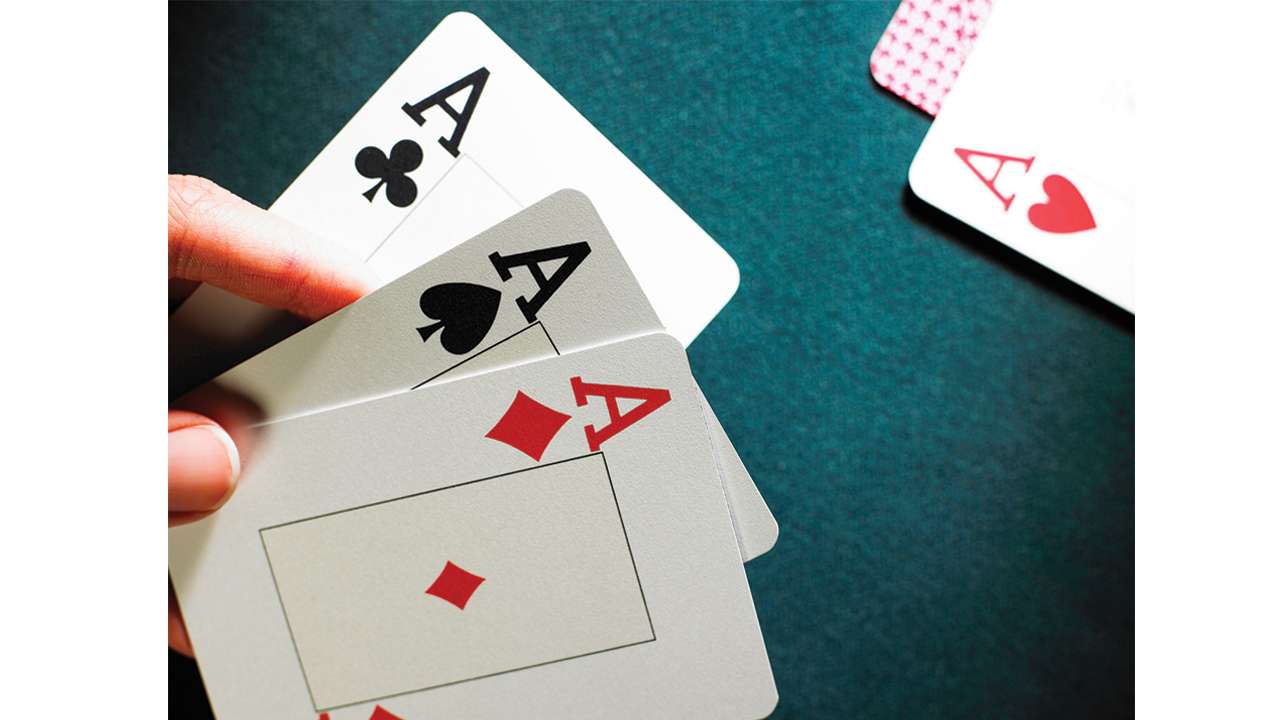
Humanity is blessed/cursed with many traits that are unique to us, but the strangest of them all is the evolution of the concept of luck in the human brain.
The concept of luck, common across humanity, can’t be taken lightly because we, Homo sapiens, are defined by our ability to understand the cause-and-effect nature of reality and make wiser choices than other animals (at least, in theory) that help us survive better.
Our intellect is all about grasping patterns of cause-and-effect relationships and predicting the outcome before things actually happen; and yet, when we look closely at the concept of luck, it appears to be completely opposite to what human intelligence stands for.
If any one of us, even a mathematician trained in probability mathematics, is made to play a game of chance like poker or even something as simple as a coin toss, a streak of same successive results, will lead to him or her having a gut reaction for an increase in the chances of an opposite result over time.
If a coin toss experiment yields ten heads straight, we would strongly feel that the chances of getting a tail are increasing. We all feel that if we keep playing any card game of chance after losing continuously, our chances of winning the next game will increase.
Unfortunately, the reality is completely opposite to our gut reaction. Phenomena like a coin toss or card games are called independent events, ie one coin toss has no impact whatsoever on the result of the next coin toss. So, every time we toss a coin, the universe re-adjusts the probability equation back to half/half for head/tail, and our belief of improving our chances is completely false.
As our brain is one of the most complex and finest products of evolution, it is not possible that such a gut reaction - to see interconnectedness in events that are actually completely random - is an innate part of each of us without any justification/benefit. So, there has to be a reason for the sense of luck we are born with.
As evolution is all about survival benefit, this strange illusion of interconnected-ness we see may have a wonderful evolutionary explanation. When you develop cause-and-effect prediction ability, a danger appears. If we see chances of failure increased, we may not continue with our endeavour. For example, when we confront a tiger, we can intellectually work out our inevitable death and see the futility of the action.
As life has only one agenda of forcing us to put our best efforts to survive, it has to build a protection against this by-product of cause-and-effect intelligence that has the potential to prevent us from taking chances against the odds.
As life has been crunching data for billions of years, it has also understood the innate randomness of the reality that co-exists with a reasonable amount of predictability.
So, right alongside the evolution of intelligence that has predictive power, it has also inbuilt a counterintuitive streak that can allow us to exploit the benefit of a random chance by being blind to odds that independent phenomenon like coin tosses display.
Unfortunately, there is yet another recent development that we need to cognise, which is the amplification of this trait that seems to be overwhelming us. If we allow the trait to sense interconnected-ness in random things go overboard, we end up with the emergence of a social phenomenon like horoscopes or vastu-shastra or obsessions like wearing-white-shirt-on-exam-day.
It is entirely possible that humanity can go down this slippery slope and a pseudo-interconnected-ness can start replacing the use of rationality in decision making that is crucial. It may sound strange but wars are lost because army commanders having waited for the right omen.
So, while sense of luck does have a positive power, let us use it with a pinch of salt of reason by understanding what it has evolved for.